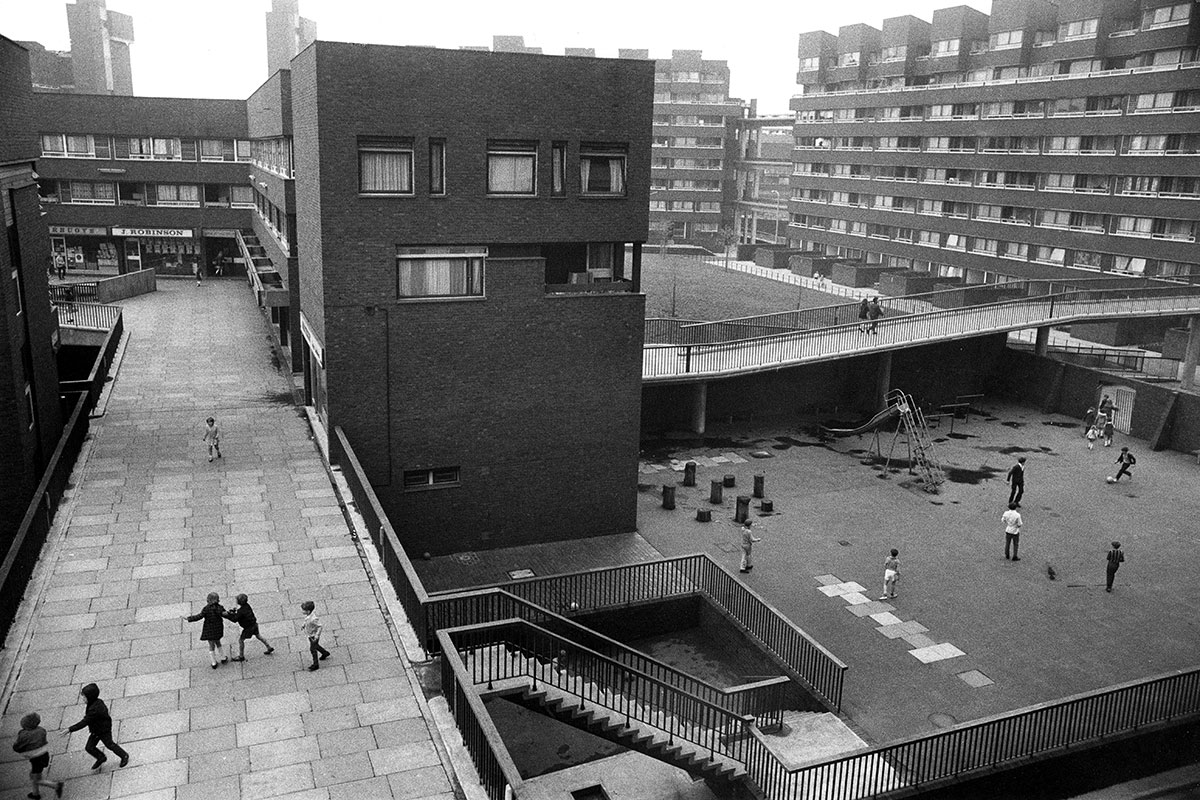You are viewing 1 of your 1 free articles
Government to consult on local housing targets amid pressure from backbench MPs
The government has said it will “consult on how to better take account of local density” in housing targets, amid reports that it has caved in to pressure from backbench MPs to make them advisory.

The Housing Delivery Test monitors actual housing delivery in a local area against its assessed need over the past three years, with councils facing a “presumption in favour of sustainable development” if less than 75% of the assessed need has been delivered.
This means proposed schemes must be granted permission if they accord with the development plan, unless they are in an area that is specifically protected.
While a government press release last night did not specifically address these targets, it said: “Housing targets remain an important part of the planning system and the government will consult on how these can better take account of local density.”
A government source did not deny that targets were being made “advisory”, as reported by several national newspapers, when asked by Inside Housing.
It follows pressure from around 60 backbench MPs who tabled an amendment calling on the government to back down from its 300,000 homes target.
While the amendment could have been defeated with the support of Labour, it would have embarrassed prime minister Rishi Sunak to rely on Keir Starmer’s backing to get legislation through.
National papers have reported that housing secretary Michael Gove has written to MPs informing them that the targets will be a “starting point” and become “advisory”.
The announcement was criticised by housebuilding groups, with the National Federation of Builders (NFB) saying the move marked “the end of the government’s housing ambitions”.
Rico Wojtulewicz, head of housing and planning policy at the NFB, said: “Housing targets were brought in to ensure that councils did not condemn another generation to housing misery, but they also helped smaller builders too by putting an emphasis on deliverable supply and not simply high volume sites which do not always come to fruition in a timely manner – exampled by the 400,000 unbuilt permissions.
“Removing targets, which ambitious councils have doubled and quadrupled without government intervention, harms aspiring homeowners, small businesses, placemaking and shows that levelling up is a phrase, not a reality.”
However, the Local Government Association (LGA) welcomed the move to give more power to local authorities to decide on housing developments.
David Renard, housing spokesperson at the LGA, said: “It is good that the government has recognised that national, top-down algorithms and formulas can never be a substitute for local knowledge and decision-making by those who know their areas best. We have been clear that councils and communities are best placed to decide how to build the right homes in the right places in their local areas with the right infrastructure, and these proposed changes will help to ensure this can happen.”
The Conservatives have faced pressure from voters in South East England to reduce development in their local areas. Housebuilding targets were seen as a key factor in the party’s defeat at the hands of the Liberal Democrats in the Chesham and Amersham by-election last year.
The department believes the measures will strengthen the government’s commitment “to building enough of the right homes in the right places with the right infrastructure, ensuring the environment is protected and giving local people a greater say on where and where not to place new development”.
Mr Gove has also asked the competition watchdog to complete a study on the housebuilding market and proposed new penalties for slow developers failing to build homes that have already been approved.
It is hoped the study will help ensure the market is “truly competitive and working in the interests of consumers”.
These measures will sit alongside plans to give local authorities more power to promote brownfield development and include a wider review of how such sites are used.
Mr Sunak made a number of pledges during the Conservative leadership race such as strengthening green belt protections, with new guidance setting out that local authorities are not required to review the green belt to deliver homes.
Mr Gove said: “We have an urgent need in this country to build more homes so that everyone – whether they aspire to homeownership or not – can have a high-quality, affordable place to live. But our planning system is not working as it should.
“If we are to deliver the new homes this country needs, new development must have the support of local communities. That requires people to know it will be beautiful, accompanied by the right infrastructure, approved democratically, that it will enhance the environment and create proper neighbourhoods.
“These principles have always been key to our reforms and we are now going further by strengthening our commitment to build the right homes in the right places and put local people at the heart of decision-making.”
The housing secretary praised his colleagues for “their hard work and support to drive forward these much-needed changes to create a planning system that works for all”.
While the bill already includes power for councils to apply a council tax premium of up to 100% on empty and second homes in areas, the government will go further by establishing a registration scheme for these properties.
A consultation is also planned to look at whether planning permission should be required for new short term lets, especially in tourist hotspots.
The government said landscapes, such as national parks, will remain protected through robust national and local planning policies.
Sign up for our development and finance newsletter
Already have an account? Click here to manage your newsletters
Related stories











